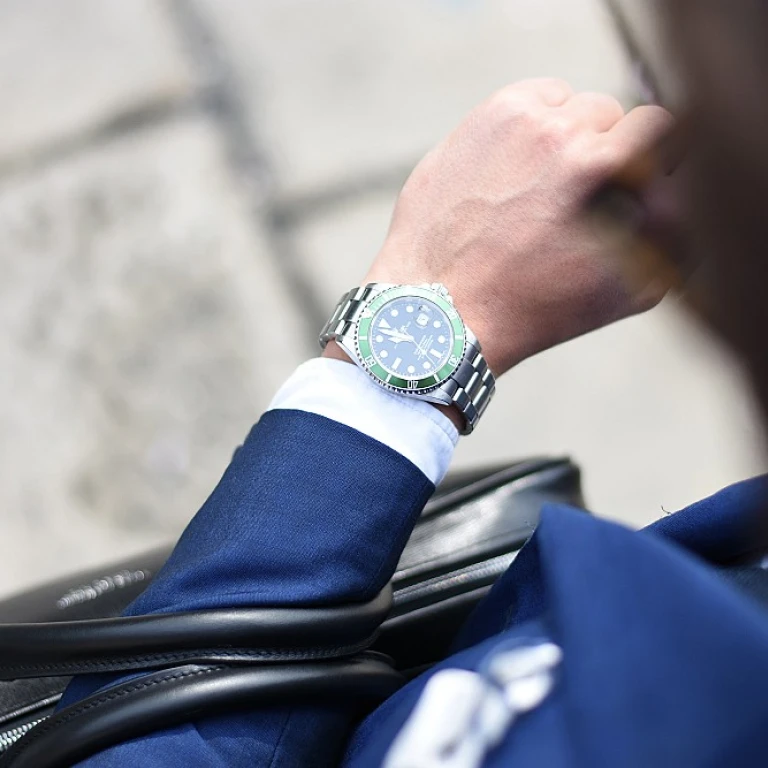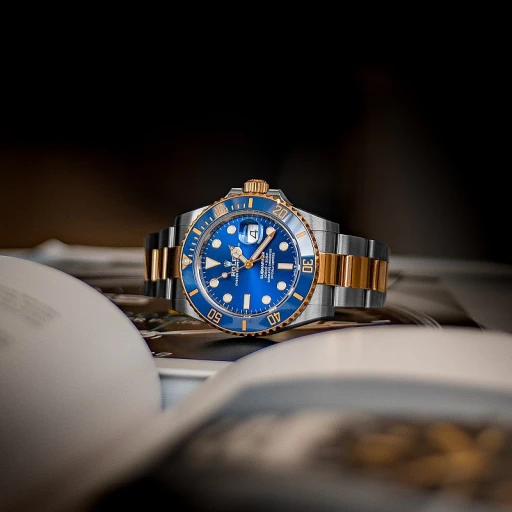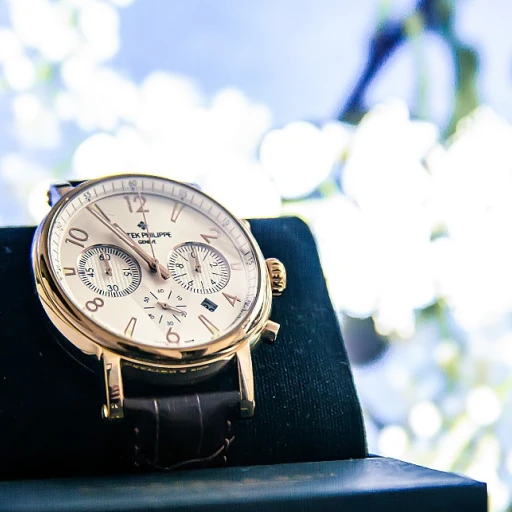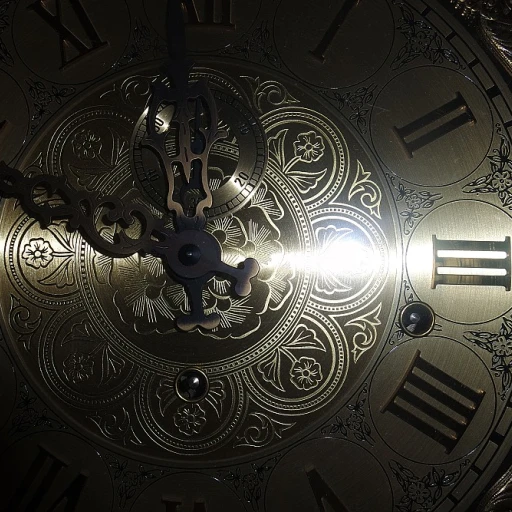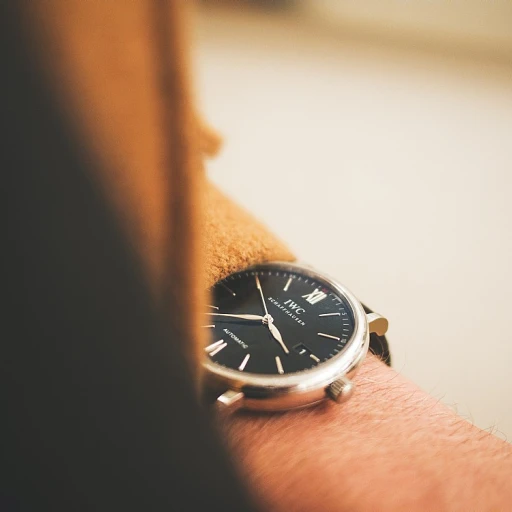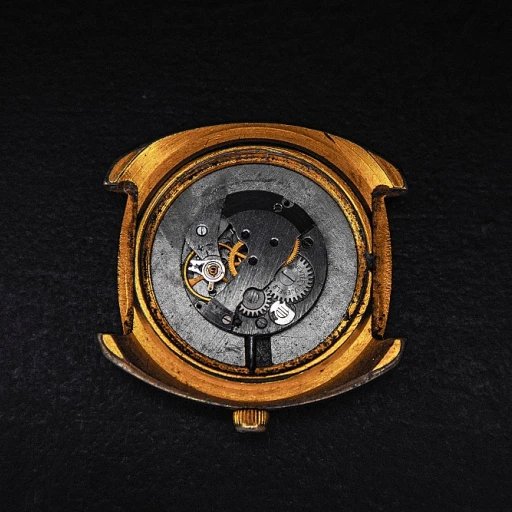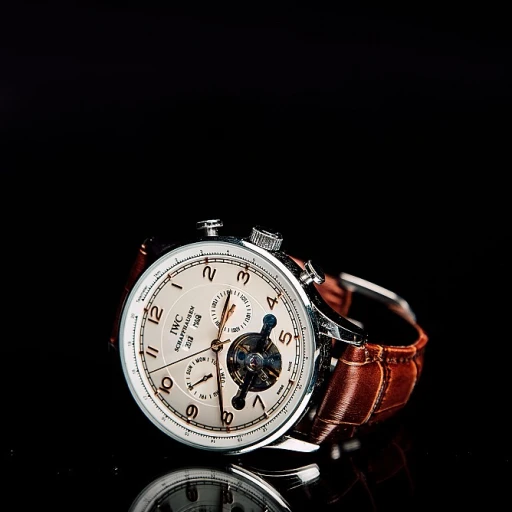
Picture this: You're at a high society gala, and across the room, you spot a wrist that's sporting a mechanical watch so accurate, it gives atomic clocks a run for their money. As a connoisseur of luxury timepieces, you know that accuracy isn't just about having the right time – it's a matter of prestige, a challenge to which watchmakers have been rising for centuries.
The Quest for Precision: A Legacy Engraved in Time
For decades, Swiss watchmakers have been the celebrated champions of precision. But the battle for the title of 'Most Accurate Mechanical Watch' isn't limited to the snowy peaks of Switzerland - it rages on globally! Japanese and German manufacturers are also crafting timepieces that boast impressive accuracy, proving that there's more than just cuckoo clocks and delicious chocolates coming out of these horologically blessed regions.
Accuracy Unleashed: When Milliseconds Matter
Let's delve into the gritty details. When we talk about watches that have a daily variance of just a few seconds, we're not just splitting hairs – we're splitting seconds! To achieve such precision, watchmakers are pushing the boundaries of mechanical ingenuity. And let's be real, claiming your timepiece is more punctual than a Swiss train is not just a subtle flex, but a testament to the craftsmanship of your wrist bling.
Materials and Mechanics: The Dynamic Duo of Watchmaking
In the quest to break the boundaries of time, materials like silicon are becoming the secret sauce in high-end horology. These materials aren't just tough enough to handle a night out in Vegas; they also resist magnetic fields, which, much like your in-laws, can wreak havoc on a mechanical watch's precision.
Chronometer Competitions: The Olympics of Timekeeping
Awarding the gold for precision isn't just a matter of self-congratulation among the horological elite. It's a fierce competition, assessed by stern-faced judges in white lab coats using equipment that looks like it's straight out of 'Star Trek'. But instead of boldly going where no one has gone before, these watches aim to boldly go as accurately as possible.
Now, don't let this rigorous competition fool you into thinking these timepieces are as sensitive as a houseplant in a dark room. They're engineered to withstand the rigors of everyday life – because what's the point of a super-accurate watch if it breaks down at the first sight of a raindrop?
The Future of Accuracy: Beyond the Tick Tock
Where do we go from here? With the ceaseless march of technology, we can only speculate how the pursuit of supreme accuracy will evolve. Perhaps future mechanical watches will be so precise, they'll require adjustment only once every blue moon, which, if you think about it, is pretty convenient – or once every time your favorite team actually wins something significant. Just sayin'.
So, what do these chronometric rivalries mean for watch enthusiasts? It's simple: owning one of these hyper-accurate marvels doesn't just mean you'll never be late for a dinner date. It means you're part of a historical lineage, a tradition of excellence that values precision above all else. It's a testament to human ingenuity – or at least, it's a great conversation starter about why someone needs a watch more accurate than their smartphone.
